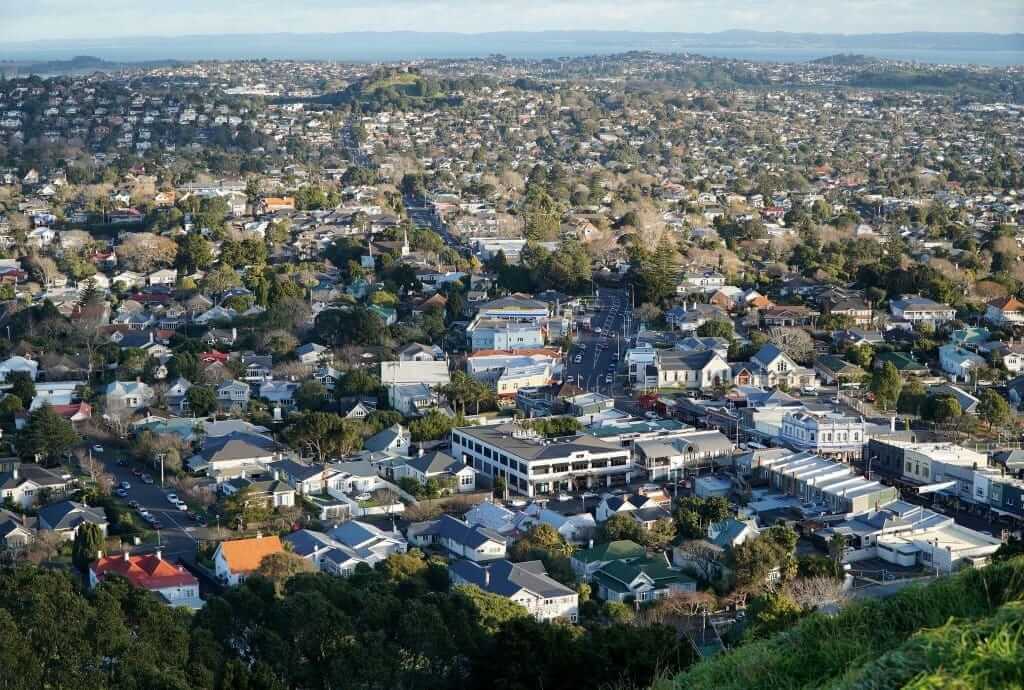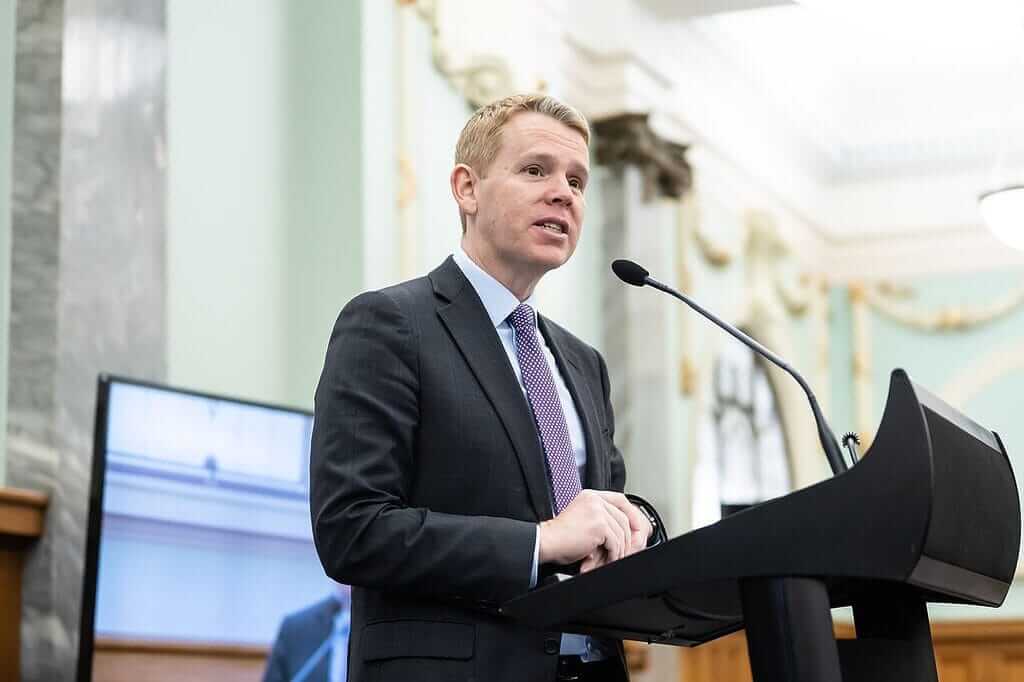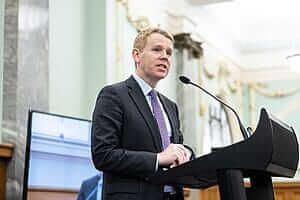Summarised by Centrist
New Zealand’s ageing population and declining birth rates are putting pressure on the country’s superannuation system. With fertility rates falling below the replacement level, the over-65 population is set to double by the end of the century.
Treasury analysts warn that without changes, the country faces hard decisions about how to fund pensions, healthcare, and other services.
As the ratio of retirees to working-age people increases, New Zealand’s reliance on migration will grow. The country’s fertility rate dropped to 1.53 in 2024, far below the replacement rate of 2.1, leading to concerns about long-term economic sustainability. Paul Spoonley, a sociologist from Massey University, noted, “We desperately need a discussion about these impacts and what they mean for how we fund care and support.”
Treasury’s report notes that without policy adjustments, the cost of superannuation could rise immensely over the next several decades. Current political leaders, like Labour and National, remain committed to keeping the retirement age at 65, but maintaining the status quo may become unsustainable.
“Government revenues are not magicked from thin air,” the report says, suggesting that increased taxes or reduced spending might be inevitable.
Any changes to superannuation will have a long-term impact, affecting lifetime savings and capital growth.



















